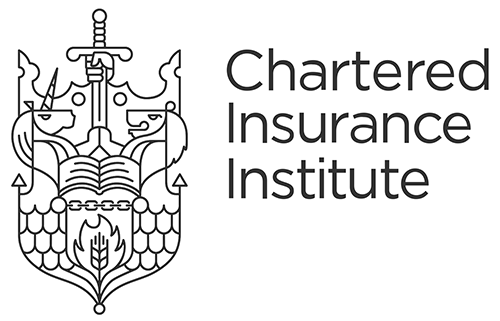

HR practitioners, Operations Directors and Office Managers with HR responsibilities, hiring managers
A bank of questions you can reuse to build a competency-based interview around the Professional Map behaviours
Competency-based questions provide an objective and consistent way to assess candidates' suitability for a role
During the recruitment cycle
These questions are designed as guidance for you to adapt and build your interview questionnaires based on your specific needs:
These questions are provided as examples to help you and we hope that they illustrate how the Professional Map can be used to support fair and effective recruitment. Ultimately though, you must satisfy yourself of the suitability of any given candidate for your vacancies and the CII cannot be held responsible in this regard.
Explore the technical expertise and behaviours at the core of what it means to be a well-rounded professional.
See how different types of role map against four bands of experience.
Everything you need to know about the Professional Map and how it applies to you and your firm.